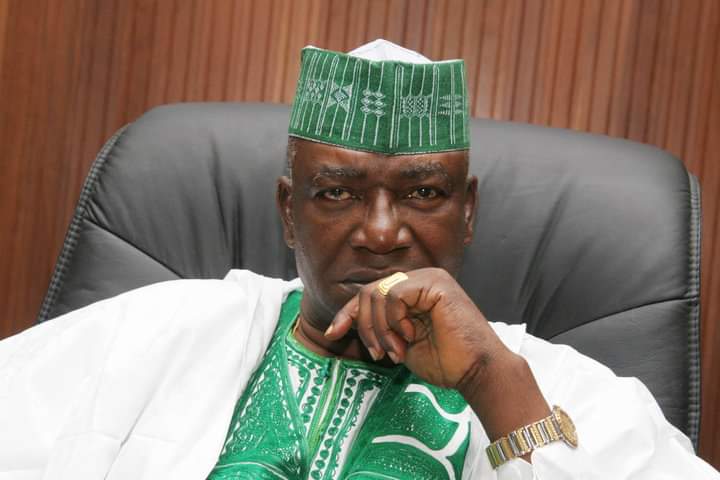Senator Polycarp Nwite Foundation for Democratic Accountability (SPNFDA) has said that issues threatening the sustainability of democracy in Nigeria include widespread hunger and the insensitivity of the political class to a challenging economy.
The foundation disclosed this in a statement signed by its executive director, Mr Michael Nwite, to commemorate Democracy Day.
He urged the government to take urgent action to restore public trust in democratic governance.
The foundation named after the late 3rd Republic Senator, Polycarp Nwite, a democracy advocate and former senior Presidential aide, said that democracy ought to inspire hope, rather than despair.
The foundation said the political class’s insensitivity and declining faith in political leadership are responsible for the widespread disillusionment among Nigerian youths—the successor leadership generation—many of whom are now turning their backs on the nation in preference for foreign democracies.
It saluted the courage and selfless sacrifices of Nigeria’s Heroes of Democracy and also commended the Nigerian populace resilience and ingenuity in weathering the nation’s current biting economic situation.
The foundation said it is concerned that these factors in addition to diverse other economic challenges and the lingering intractable security problem in the country, have become the oxygen fuelling criminality and the current exodus by young Nigerians to foreign lands, in search of better economic and social fortunes, referred to as ‘Japa’ syndrome in local parlance. For the survival and sustenance of democracy in the nation, it said the government must take urgent steps to stimulate real productivity and address the current alarming rate of unemployment, criminality, and disillusionment among young Nigerians, which it said is fast destroying the fiber and potential of the youth demography and pose a significant threat to the nation’s security, development, and future.
“It’s no longer in doubt that the impact of the challenging economic environment, scarce opportunities, dysfunctional social infrastructure, and weak institutions, have continued to erode the faith of the Nigerian youth demography in democracy and turning their backs in droves on the nation.”





